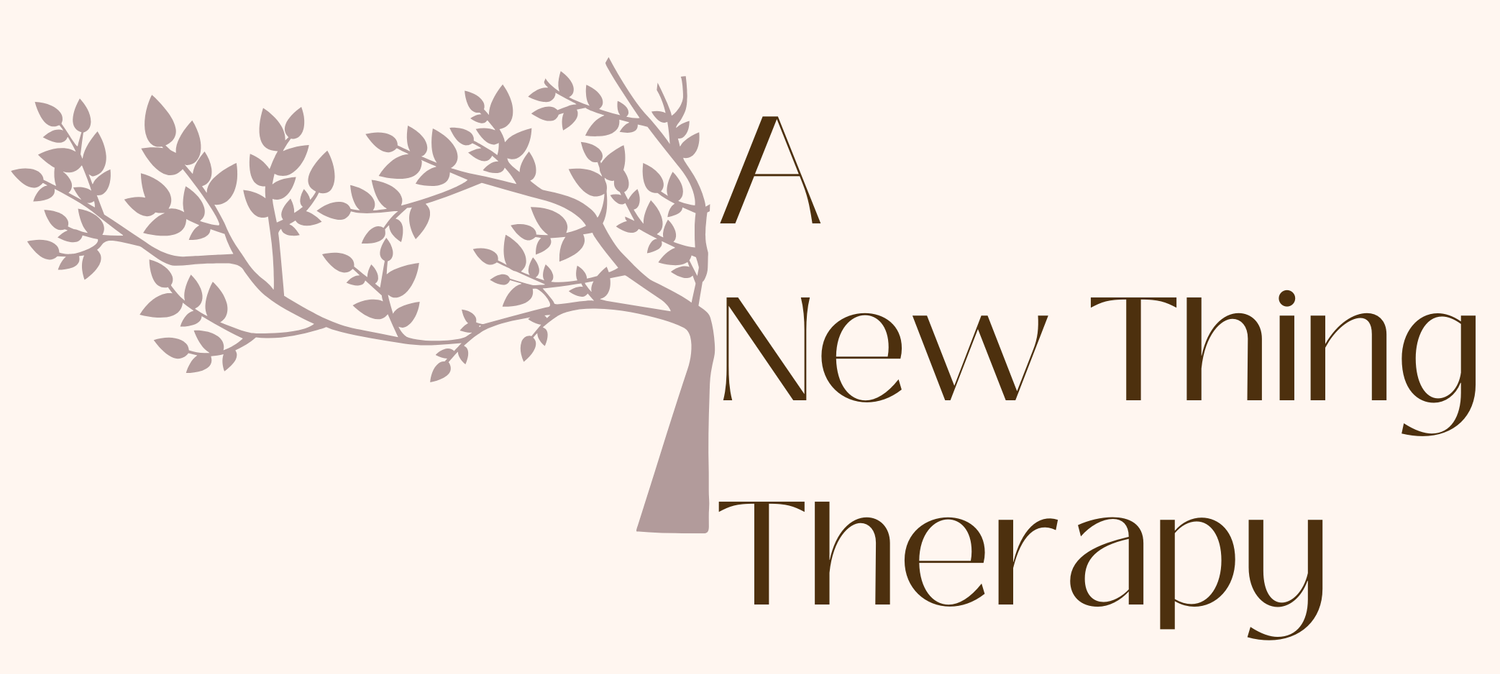"The Disconnection Dilemma: When Distance Becomes Dysfunction"
As a licensed therapist, I often remind clients of this simple but powerful truth:
We are relational beings, created for connection.
This isn’t just a comforting idea — it’s backed by everything we know from neuroscience, psychology, attachment theory, and even our earliest human development. From the moment we’re born, our survival and well-being depend on connection. Babies need not only food and shelter, but eye contact, touch, and attuned caregivers to develop properly. This early wiring forms the blueprint for how we engage in relationships for the rest of our lives.
Connection is more than a luxury — it’s a need. Just like we need air, water, and food, we also need safe, meaningful relationships to thrive. Healthy connection helps regulate our nervous system, lowers stress, and even supports immune function. We heal in the presence of others, especially when we feel seen, heard, and valued. That’s why isolation or emotional distance can be so painful — it goes against how we were made.
At our core, we long to belong. We look for people who understand us, who affirm our worth, and who are safe to be ourselves around. When those needs go unmet — whether through trauma, neglect, conflict, or emotional disconnection — we often experience distress in the form of anxiety, depression, irritability, or self-doubt. These aren’t just symptoms to “fix”; they’re signals pointing to unmet relational needs.
Our need for connection isn't just emotional—it's biological, psychological, and deeply human. We’re wired to bond, to feel seen, heard, and understood. When those healthy connections are strained, broken, or absent, it doesn’t just hurt our hearts—it affects our entire being.
When we’re pulled away from meaningful connection, our minds, bodies, and emotions respond—sometimes in subtle ways, and sometimes in ways that look and feel like dysfunction: anxiety, irritability, depression, isolation, or even physical symptoms.
What may seem like a "personal problem" often has relational roots. Understanding this link between disconnection and dysfunction can be the first step toward healing—not just within ourselves, but in the relationships that shape us.
What Disconnection May Look Like in Daily Life
When we’re disconnected from safe, meaningful relationships (with others, God, or even yourself), it’s common to experience:
Mood swings
Increased anxiety or stress
Trouble focusing or feeling motivated
Withdrawal or irritability
Codependency
Chronic fatigue or emotional exhaustion
These aren’t personal failures—they’re survival strategies in the absence of connection.
Sometimes, disconnection isn’t obvious. It may show up as:
Constant overthinking or self-doubt
Feeling unseen, even when you’re with people
Avoiding vulnerability because it feels unsafe
Pouring into everyone else but feeling empty inside (people-pleasing)
Lack of secure attachment to a safe other can even lead to deeper and sometimes more severe challenges such as :
-Addiction
-Depression and Anxiety disorders
-Suicidal ideation
-PTSD
-Personality Disorders
-Aggression or Violence
Faith-Based Insight: Divine Design
We are created in the image of God—who is Himself the perfect embodiment of relationship. In the Trinity, we see Father, Son, and Holy Spirit existing in eternal, loving communion. This divine relational nature is reflected in us, meaning we are inherently designed for connection with others. God created us not to live in isolation, but to mirror His relational essence through love, community, and fellowship. When we embrace this truth, we find our deepest purpose and healing in authentic, connected relationships that reflect God’s unending love.
The first thing God called “not good” wasn’t sin—it was isolation.
“It is not good for man to be alone.” (Genesis 2:18)
Our most important connection is the one we build with God. When we cultivate a deep, personal relationship with Him, it shapes and strengthens our ability to connect authentically with others
How Therapy Can Help Reconnect You to Yourself and Others
Connection isn’t just something we want—it’s woven into the very fabric of who we are.
In the therapy space, I’m here to walk alongside you as you rediscover connection—with yourself, with others, and with the life you were meant to live.. Therapy is more than just talking—it’s about relearning how to feel safe and connected.
In our sessions, we’ll explore the roots of disconnection, uncover what safety and trust mean for you personally, and begin the important work of healing the relationships that matter most—especially the one you have with yourself.
Healing doesn’t mean you’ll never feel alone. It means you’ll know how to return to what truly grounds you: relationship, connection, and love.
Ready to start? Reach out today to schedule a free consultation and take the first step back to connection.
